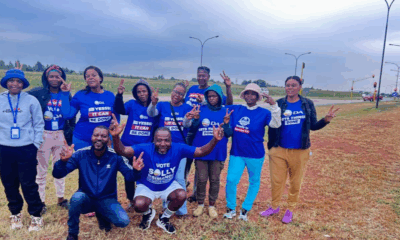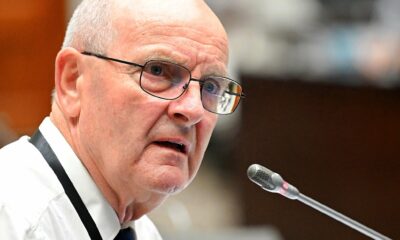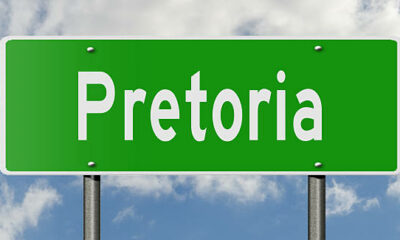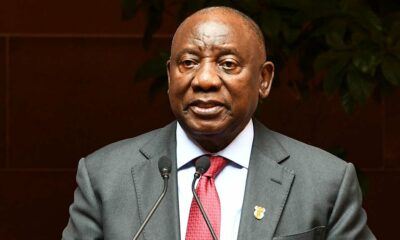News
McKenzie Faces SAHRC Deadline Over Offensive Tweets and Racial Slurs
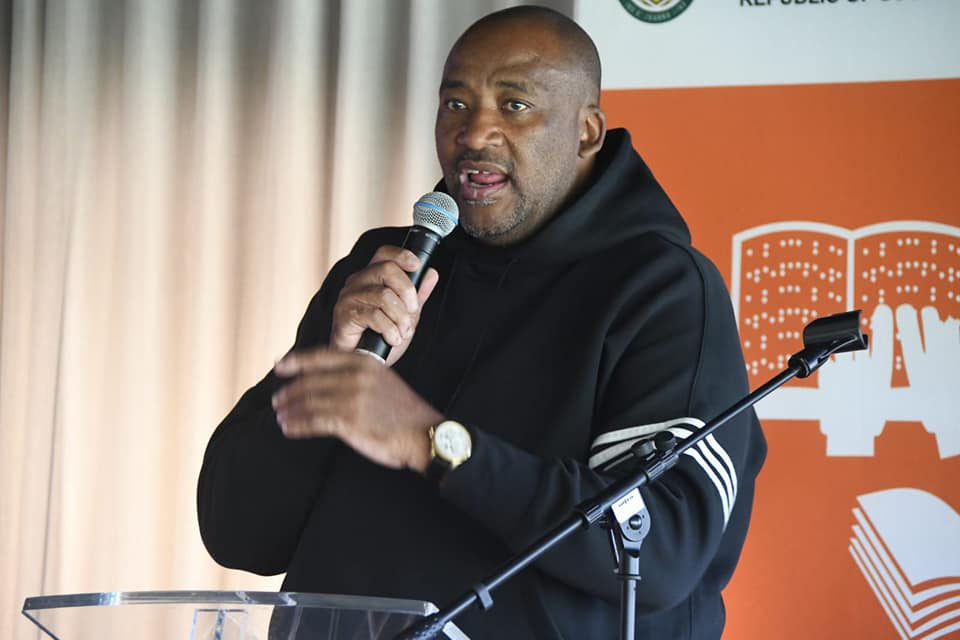
SA Minister Gayton McKenzie Under SAHRC Spotlight
Sports, Arts and Culture Minister Gayton McKenzie has been given a firm deadline: respond by Wednesday to the South African Human Rights Commission (SAHRC) regarding controversial posts on his X (formerly Twitter) account. The posts in question include the use of the highly offensive K-word, and the investigation spans alleged xenophobic remarks as well as tweets dating back to 2011.
The Trigger: Podcast Controversy and Resurfaced Tweets
The controversy reignited after McKenzie appeared in a live video addressing his Patriotic Alliance’s actions against hosts of the “Open Chats Podcast,” who had reportedly made disparaging remarks about the Coloured community. In defending the community, McKenzie used a racial slur, which drew immediate public backlash.
Following the video, older posts from 2011 to 2017 resurfaced. Some contained apartheid-era racial slurs and references to “Black Diamond” in a context widely considered racially insensitive.
The SAHRC confirmed it became aware of the posts on 9 August 2025, after complaints from political parties and concerned individuals. Their preliminary assessment concluded that McKenzie’s statements appear to prima facie violate the Promotion of Equality and Prevention of Unfair Discrimination Act (Equality Act, 2000).
SAHRC’s Position and Legal Context
The commission has formally sent McKenzie a letter of allegations and warned that it could escalate the matter to the Equality Court under the SAHRC Act of 2013 and the Equality Act.
While South Africa protects freedom of expression, the SAHRC highlighted that hate speech is not protected under the Equality Act or the Prevention and Combating of Hate Crimes and Hate Speech Act, 2023. McKenzie, as a Minister and MP, is expected to uphold ethical standards, with the SAHRC calling on all citizens to respect human dignity, equality, and non-discrimination.
McKenzie’s Response
McKenzie has strongly denied being racist, describing the investigation as a “politically motivated campaign orchestrated by the EFF and social media influencers.”
“This whole campaign to find something racist I ever said is hilarious because you have now gone 13 years back and can’t bring out one racist thing I ever said,” he stated.
However, he did acknowledge past missteps, admitting to posting “insensitive, stupid and hurtful” remarks, and apologised: “I was a troll, stupid. I cringe when seeing them and I am truly sorry for that.”
McKenzie also referenced his personal life, highlighting his mother and children’s heritage and his lifelong fight for equality between black and Coloured South Africans. He maintained: “I can never be guilty of racism. Try some other takedown – but never racism.”
Public Reaction and Social Media Buzz
The story has sparked heated debate online. Some social media users have defended McKenzie, citing his apology and advocacy for equality, while others argue that past offensive posts cannot be ignored, especially from a sitting minister. Twitter and X feeds are buzzing with commentary ranging from outrage to satire, illustrating the delicate balance between accountability, free speech, and historical context in South African politics.
As the Wednesday deadline approaches, the country watches closely, weighing the boundaries of free expression against the ethical responsibilities of public office holders.
{Source: IOL}
Follow Joburg ETC on Facebook, Twitter , TikTok and Instagram
For more News in Johannesburg, visit joburgetc.com

